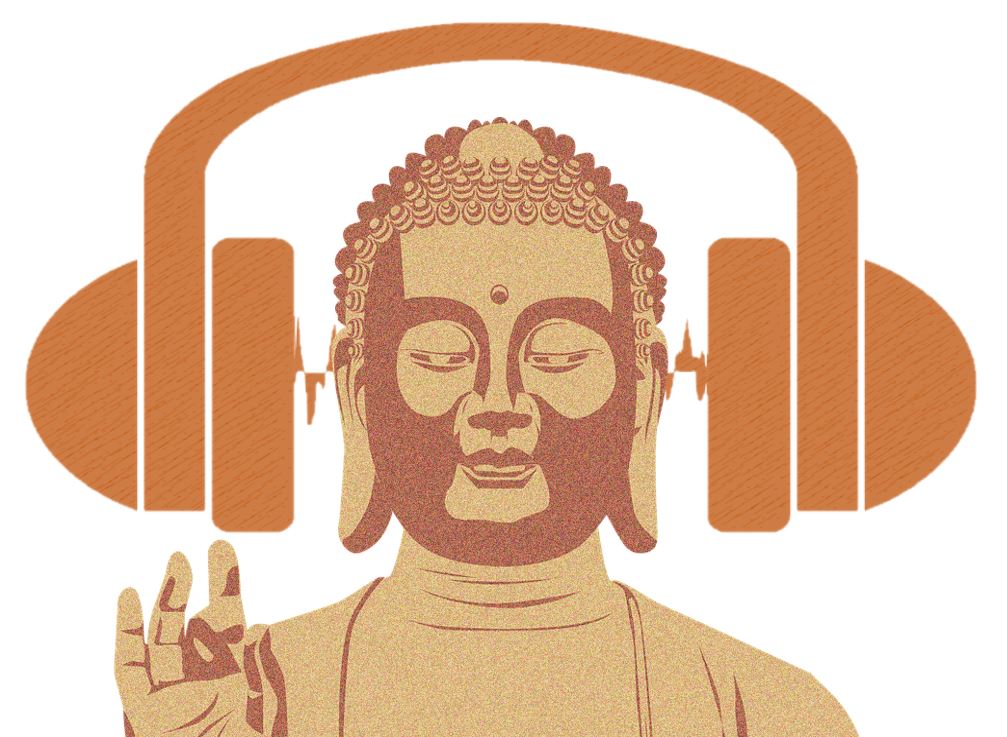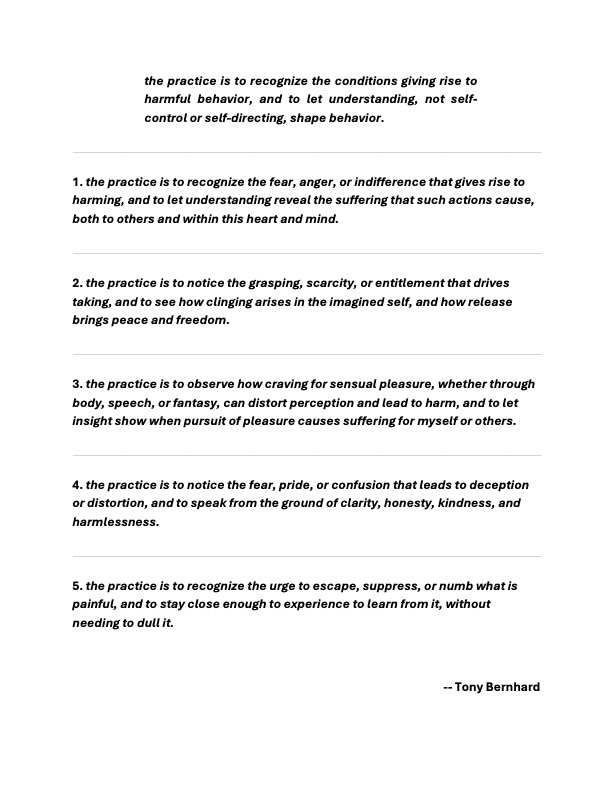
This evening’s presentation is the first in a series of six offered by the SIM Faculty on “The Buddha’s Antidotes for Challenging Times.” Each presentation will explore a positive mind state that can be cultivated to bring happiness and contentment into our life while reducing the stress and dissatisfaction we cause ourselves and others. The faculty will conclude each session with questions for reflection, which will serve as prompts for the kalyāņamitta groups that SIM is forming (see the announcement elsewhere in this newsletter for details). From October 23 to 25, the faculty will offer an in-person mini-retreat to devote an extended practice period to each of these mind states, as well as further instruction on applying the practices in daily life.
In this first session, SIM Community Teacher Rich Howard will introduce the entire series, then focus on the quality of compassion (karunā in the ancient Pali language). With wisdom from Joanna Macy, Bhikkhu Anālayo, Andrea Gibson, the Dalai Lama, and others (offered as a handout for future reference), we will touch on what mindful compassion looks like, what it is not, and how to increase its appearance in our daily life.

